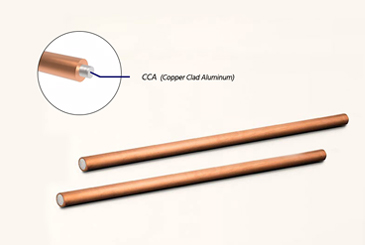Grade, temper and specification of aluminum strips
| Grade | Temper | Thickness/mm | Width/mm | Inner diameter of the coil/mm | Outer diameter of the coil/mm |
| 1060, 1100, 1200, 8011 | H16, H26 | 0.210-1.500 | 150.0-1550.0 | 400, 500 | 700-1400 |
Thickness tolerance of aluminum strips
| Thickness/mm | Thickness/mm | Single coil thickness variation /mm |
| 0.210-0.300 | ±0.010 | ≤0.020 |
| >0.300-0.600 | ±0.015 | |
| >0.600-1.500 | ±0.020 |
Width tolerance of aluminum strips
| Width | Width tolerance |
| 150.0-600.0 | ±0.5 |
| >600.0-1550.0 | ±1.0 |
Mechanical properties of aluminum strips
| Grade | Temper | Thickness/mm | Tensile strength(N/mm2) | Yield strength(N/mm2) | Elongation/% | HV |
| 1060 | H16 H26 | 0.21-0.50 | 120-145 | 100-130 | ≥3.0 | - |
| >0.50-0.80 | ≥4.0 | |||||
| >0.80-1.30 | ≥5.0 | 25-45 | ||||
| 1100 1200 8011 | H16 H26 | 0.21-0.50 | 120-190 | 95-125 | ≥3.0 | - |
| >0.50-0.80 | ≥5.0 | |||||
| >0.80-1.30 | 110-165 | ≥7.0 | 25-45 | |||
| >1.30-1.50 | ≥9.0 |
Advantage of aluminum strips for computer radiator
High thermal conductivity: aluminum is a metal with extremely high thermal conductivity, enabling rapid heat transfer.
Lightweight: compared to other commonly used heat dissipation materials like copper, aluminum has a lower density.
Corrosion resistance: aluminum exhibits good corrosion resistance, maintaining stability in moist and corrosive environments.
Ductility and processability: aluminum is easily processed and shaped, allowing for the manufacturing of various complex shapes and structures.















